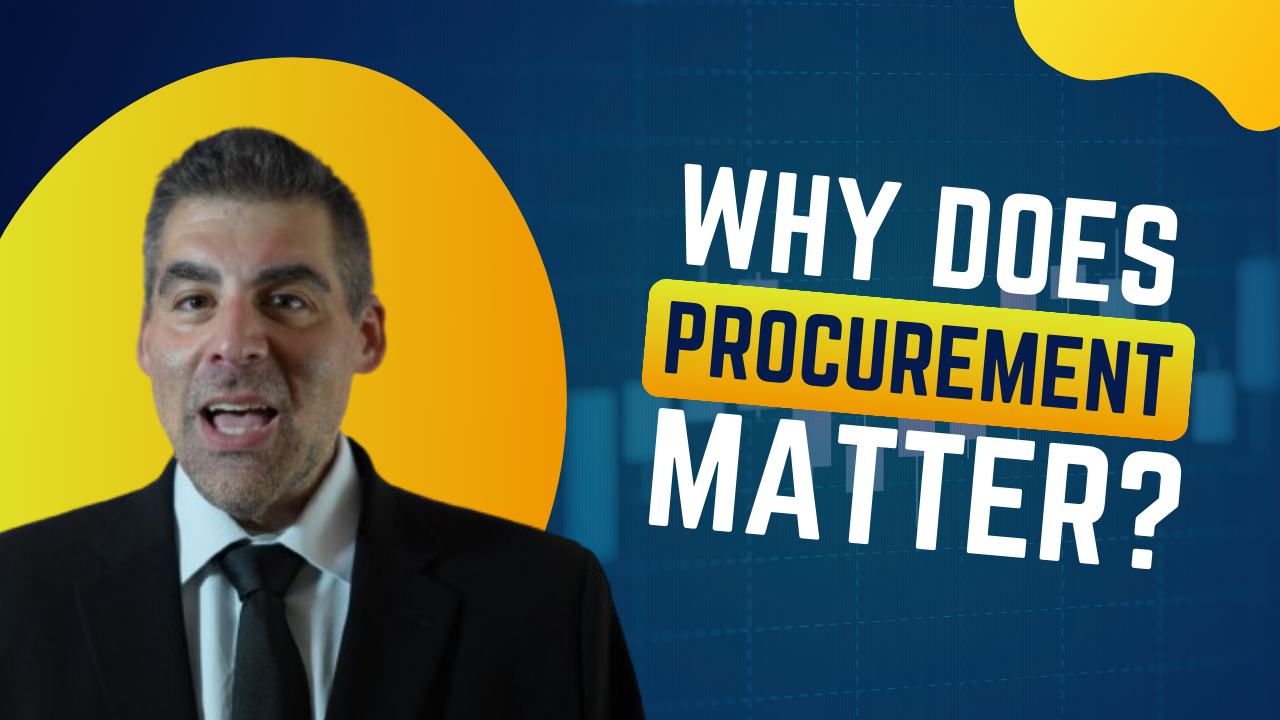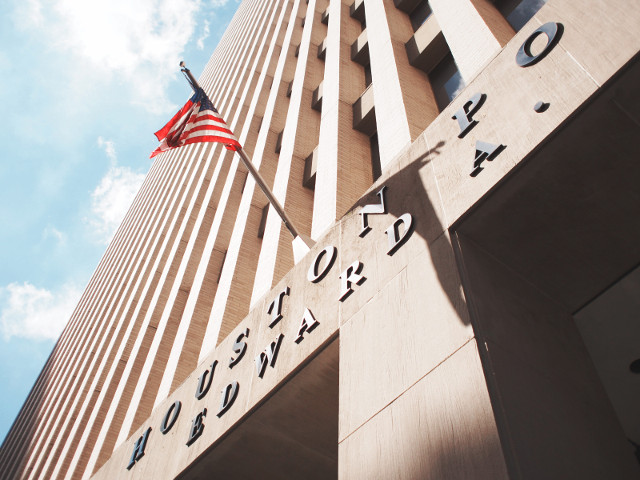I’m back after a six-month hiatus to dive deep into the core functions of procurement. It’s been a while, but the questions keep coming in: “What does procurement actually do?” and “Is it a good career path?”
Let’s get back to basics. Procurement plays a crucial role in any organization by:
- Saving Money: We negotiate contracts, manage supplier relationships, and implement strategies to reduce costs.
- Managing Risk: We identify and mitigate potential risks, ensure continuity of supply, and protect our organizations from disruptions.
After 15 years in the field, I can confidently say that procurement offers a rewarding and challenging career path with plenty of opportunities for growth and development.
In this video, I’ll discuss the key responsibilities of a procurement professional, explore common misconceptions, and share my insights on why I love this field. So, whether you’re a seasoned pro or just starting your procurement journey, join me as we redefine what it means to create value and manage risk.






